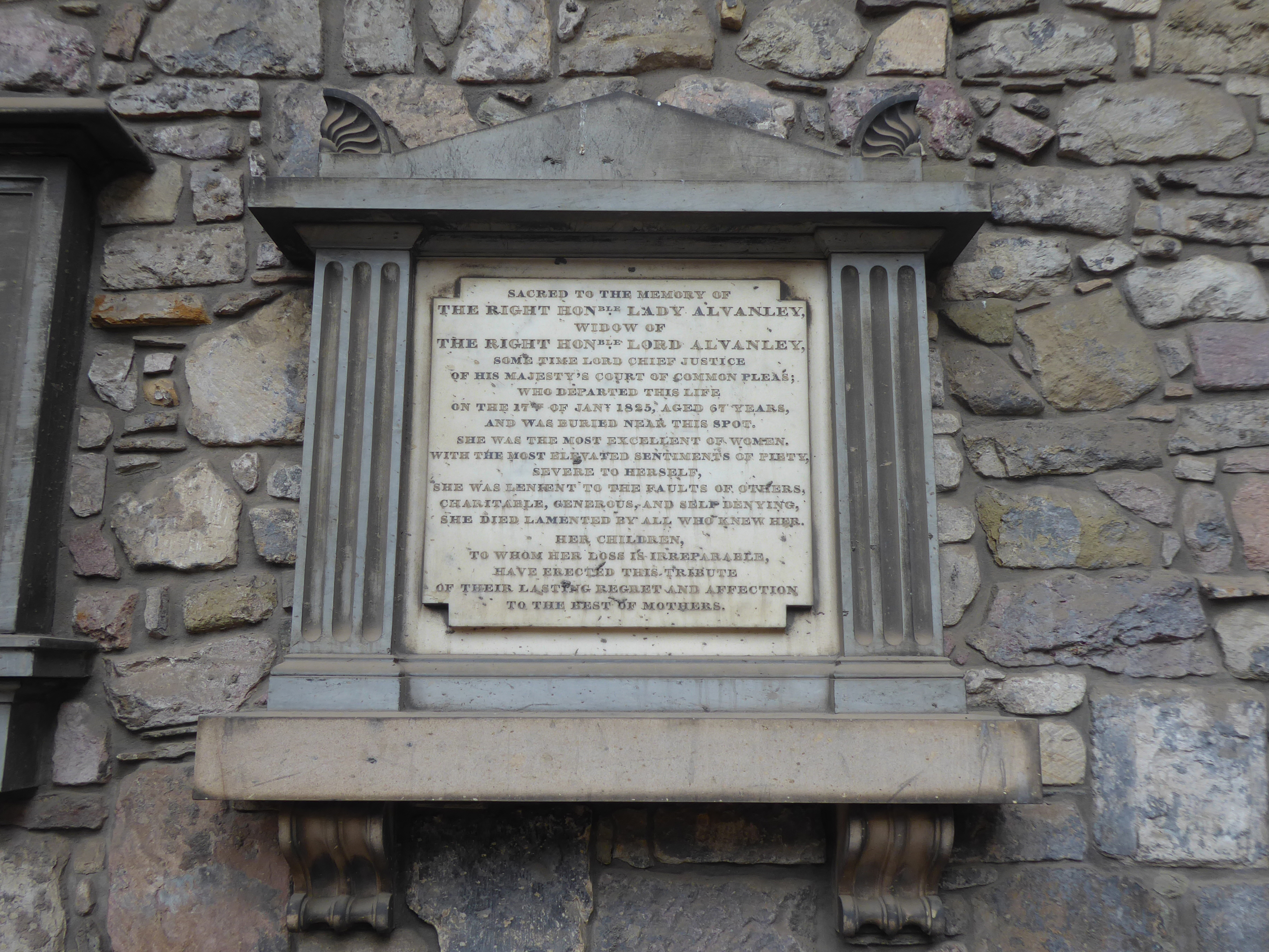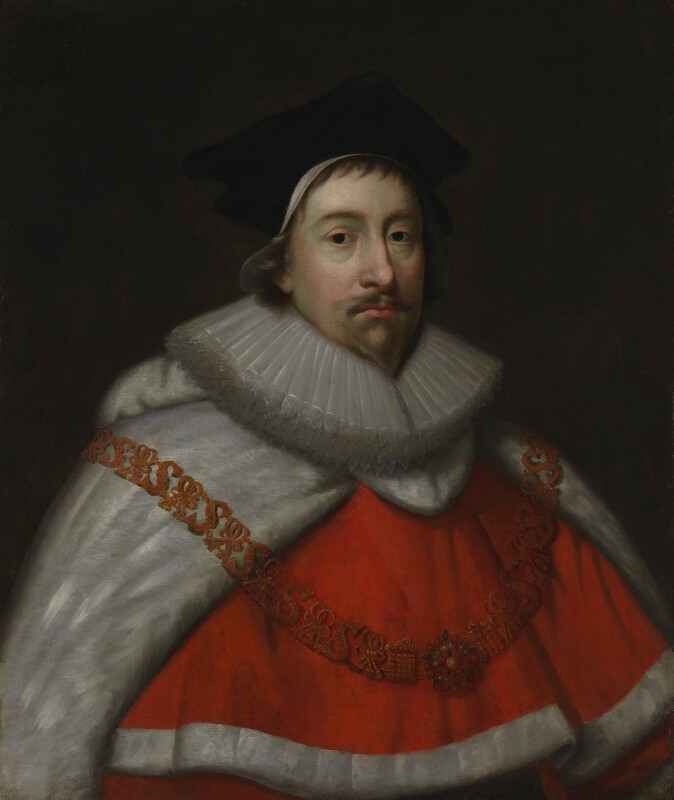|
Baron Alvanley
Baron Alvanley, of Alvanley in the County Palatine of Chester, was a title in the Peerage of the United Kingdom. It was created on 22 May 1801 for Sir Richard Arden, the Chief Justice of the Common Pleas and former Master of the Rolls.Edmund Lodge, ''The Peerage of the British Empire as at Present Existing'' (Saunders and Otley, 1833), 17. The title became extinct on the death of his second son, the third Baron (who had succeeded his elder brother), in 1857. Barons Alvanley (1801) *Richard Pepper Arden, 1st Baron Alvanley (1744–1804) *William Arden, 2nd Baron Alvanley William Arden, 2nd Baron Alvanley (8 January 1789 – 16 November 1849) was a British Army officer, peer and socialite, who was a friend of Beau Brummell and one of a close circle of young men surrounding the Prince Regent. Early life and militar ... (1789–1849) * Richard Pepper Arden, 3rd Baron Alvanley (1792–1857) Arms References {{DEFAULTSORT:Alvanley Extinct baronies in the Peerage ... [...More Info...] [...Related Items...] OR: [Wikipedia] [Google] [Baidu] |
Alvanley
Alvanley is a small rural village and civil parish near Helsby, in the unitary authority of Cheshire West and Chester and the ceremonial county of Cheshire, England. The village is on the B5393 road and near junction 14 of the M56 motorway. According to the 2011 census the civil parish had a population of 472. History The name means 'Aelfwald's wood/clearing', derived from an Old English personal name and the word ''lēah'' (a forest, wood, glade or clearing). The village is mentioned in the Domesday Book of 1086 as ''Elvedelie'', under the ownership of Earl Hugh of Chester and consisting of only three households (one villager and two smallholders). The population was recorded over time as 314 in 1801, 312 in 1851, 319 in 1901, 287 in 1951 and had reached 485 by the 2001 census. Governance Alvanley was a township in Frodsham parish of the Eddisbury Hundred, which became a civil parish in 1866. From 1875 Alvanley was part of the Runcorn Rural Sanitary District, then Ru ... [...More Info...] [...Related Items...] OR: [Wikipedia] [Google] [Baidu] |
County Palatine Of Chester
Cheshire ( ) is a ceremonial and historic county in North West England, bordered by Wales to the west, Merseyside and Greater Manchester to the north, Derbyshire to the east, and Staffordshire and Shropshire to the south. Cheshire's county town is the cathedral city of Chester, while its largest town by population is Warrington. Other towns in the county include Alsager, Congleton, Crewe, Ellesmere Port, Frodsham, Knutsford, Macclesfield, Middlewich, Nantwich, Neston, Northwich, Poynton, Runcorn, Sandbach, Widnes, Wilmslow, and Winsford. Cheshire is split into the administrative districts of Cheshire West and Chester, Cheshire East, Halton, and Warrington. The county covers and has a population of around 1.1 million as of 2021. It is mostly rural, with a number of towns and villages supporting the agricultural and chemical industries; it is primarily known for producing chemicals, Cheshire cheese, salt, and silk. It has also had an impact on popular culture, producing notabl ... [...More Info...] [...Related Items...] OR: [Wikipedia] [Google] [Baidu] |
Peerage Of The United Kingdom
The Peerage of the United Kingdom is one of the five Peerages in the United Kingdom. It comprises most peerages created in the United Kingdom of Great Britain and Ireland after the Acts of Union 1800, Acts of Union in 1801, when it replaced the Peerage of Great Britain. New peers continued to be created in the Peerage of Ireland until 1898 (the last creation was the Viscount Scarsdale, Barony of Curzon of Kedleston). The House of Lords Act 1999 reformed the House of Lords. Until then, all peers of the United Kingdom were automatically members of the House of Lords. However, from that date, most of the hereditary peers ceased to be members, whereas the life peers retained their seats. All hereditary peers of the first creation (i.e. those for whom a peerage was originally created, as opposed to those who inherited a peerage), and all surviving hereditary peers who had served as Leader of the House of Lords, were offered a life peerage to allow them to continue to sit in the House ... [...More Info...] [...Related Items...] OR: [Wikipedia] [Google] [Baidu] |
Richard Arden, 1st Baron Alvanley
Richard Pepper Arden, 1st Baron Alvanley (20 May 1744 – 19 March 1804) was a British barrister and Whig politician, who served as the Chief Justice of the Court of Common Pleas. He was a Member of Parliament from 1783 to 1801. Biography He was born on 20 May 1744 in Bredbury, the son of John Arden (1709–1787), and Mary Pepper, and baptised on 20 June 1744 in Stockport. Educated at The Manchester Grammar School, he matriculated at Trinity College, Cambridge in November 1761 and received his BA in 1766. Arden was admitted to the Middle Temple in 1769, and received his MA from Trinity the same year, being made a Fellow of the college shortly after. He took chambers in Lincoln's Inn and became a close friend of William Pitt, with whom he would maintain a political alliance throughout his career. In 1776 he was made judge on the South Wales circuit. Invested as a King's Counsel in 1780, he was Solicitor General during the ministry of Shelburne, and again for a year under ... [...More Info...] [...Related Items...] OR: [Wikipedia] [Google] [Baidu] |
Chief Justice Of The Common Pleas
The chief justice of the Common Pleas was the head of the Court of Common Pleas, also known as the Common Bench or Common Place, which was the second-highest common law court in the English legal system until 1875, when it, along with the other two common law courts and the equity and probate courts, became part of the High Court of Justice. As such, the chief justice of the Common Pleas was one of the highest judicial officials in England, behind only the Lord High Chancellor and the Lord Chief Justice of England, who headed the Queen's Bench (King's when the monarch was male). History Initially, the position of Chief Justice of the Common Pleas was not an appointment; of the justices serving in the court, one would become more respected than his peers, and was therefore considered the "chief" justice. The position was formalised in 1272, with the raising of Sir Gilbert of Preston to Chief Justice, and from then on, it was a formally-appointed role, similar to the positions o ... [...More Info...] [...Related Items...] OR: [Wikipedia] [Google] [Baidu] |
Master Of The Rolls
The Keeper or Master of the Rolls and Records of the Chancery of England, known as the Master of the Rolls, is the President of the Court of Appeal (England and Wales)#Civil Division, Civil Division of the Court of Appeal of England and Wales and Head of Civil Justice. As a judge, the Master of the Rolls is second in seniority in England and Wales only to the Lord Chief Justice of England and Wales, Lord Chief Justice. The position dates from at least 1286, although it is believed that the office probably existed earlier than that. The Master of the Rolls was initially a clerk responsible for keeping the "Rolls" or records of the Court of Chancery, and was known as the Keeper of the Rolls of Chancery. The Keeper was the most senior of the dozen Chancery clerks, and as such occasionally acted as keeper of the Great Seal of the Realm. The post evolved into a judicial one as the Court of Chancery did; the first reference to judicial duties dates from 1520. With the Supreme Court of ... [...More Info...] [...Related Items...] OR: [Wikipedia] [Google] [Baidu] |
William Arden, 2nd Baron Alvanley
William Arden, 2nd Baron Alvanley (8 January 1789 – 16 November 1849) was a British Army officer, peer and socialite, who was a friend of Beau Brummell and one of a close circle of young men surrounding the Prince Regent. Early life and military career Alvanley was the son of Richard Arden, 1st Baron Alvanley and Anne Wilbraham-Bootle. Initially pursuing a career as an officer in the British Army, he purchased an ensigncy in the Coldstream Guards. He was promoted to captain in March 1809. He later transferred to the 50th (Queen's Own) Regiment of Foot, and exchanged to the half-pay of the 100th Regiment of Foot on 1 September 1812. Owing to his subsequent debts, he was forced to dispose of his half-pay on 10 June 1826. He later served in the Forest Troop, King's Regiment of Cheshire Yeomanry Cavalry, as a cornet, but resigned on 17 January 1840. Regency buck Lord Alvanley was a prominent Regency buck and member of the Prince Regent's circle, and was friends with Beau Brummell ... [...More Info...] [...Related Items...] OR: [Wikipedia] [Google] [Baidu] |
Richard Arden, 3rd Baron Alvanley
Lieutenant-Colonel Richard Pepper Arden, 3rd Baron Alvanley (8 December 1792 – 24 June 1857) was a British Army officer and peer. cites . He was the son of Richard Pepper Arden, 1st Baron Alvanley and Anne Dorothea (née Wilbraham-Bootle). As a young man, he was one of a circle of friends surrounding William Wilberforce. On 19 March 1811, he purchased a cornetcy in the 15th Hussars. Promoted lieutenant on 3 October 1811, he served with the regiment in the Peninsular War from February 1813 to April 1814. Arden fought at the battles of Morales, Vittoria, Orthez and Toulouse and received the service medal for the latter three. Arden was gazetted a captain in the 2nd Garrison Battalion on 26 April 1815, being unable to afford a captaincy in a cavalry regiment. Placed on half-pay, he later exchanged into the 32nd Regiment of Foot on 8 July 1819. He purchased a commission as major in the 84th Regiment of Foot on 4 October 1822, and an unattached lieutenant-colonelcy on 30 October ... [...More Info...] [...Related Items...] OR: [Wikipedia] [Google] [Baidu] |
Extinct Baronies In The Peerage Of The United Kingdom
Extinction is the termination of a kind of organism or of a group of kinds (taxon), usually a species. The moment of extinction is generally considered to be the death of the last individual of the species, although the capacity to breed and recover may have been lost before this point. Because a species' potential range may be very large, determining this moment is difficult, and is usually done retrospectively. This difficulty leads to phenomena such as Lazarus taxa, where a species presumed extinct abruptly "reappears" (typically in the fossil record) after a period of apparent absence. More than 99% of all species that ever lived on Earth, amounting to over five billion species, are estimated to have died out. It is estimated that there are currently around 8.7 million species of eukaryote globally, and possibly many times more if microorganisms, like bacteria, are included. Notable extinct animal species include non-avian dinosaurs, saber-toothed cats, dodos, ma ... [...More Info...] [...Related Items...] OR: [Wikipedia] [Google] [Baidu] |
Noble Titles Created In 1801
A noble is a member of the nobility. Noble may also refer to: Places Antarctica * Noble Glacier, King George Island * Noble Nunatak, Marie Byrd Land * Noble Peak, Wiencke Island * Noble Rocks, Graham Land Australia * Noble Island, Great Barrier Reef United States * Noble (SEPTA station), a railway station in Abington, Pennsylvania * Noble, Illinois, a village * Noble, Indiana, an unincorporated community * Noble, Iowa, an unincorporated community * Noble, Louisiana, a village * Noble, Missouri, an unincorporated community * Noble, Oklahoma, a city * Noble County (other) * Noble Township (other) People * Noble (given name) * Noble (surname) Animals * Noble (horse), a British Thoroughbred * Noble Decree, an American-bred British-trained Thoroughbred racehorse * Noble snipe, a small stocky wader * Vaguely Noble, an Irish-bred Thoroughbred racehorse Arts, entertainment, and media Characters * Noble, the humanoid werewolf form of Savage/Nobl ... [...More Info...] [...Related Items...] OR: [Wikipedia] [Google] [Baidu] |



.jpg)